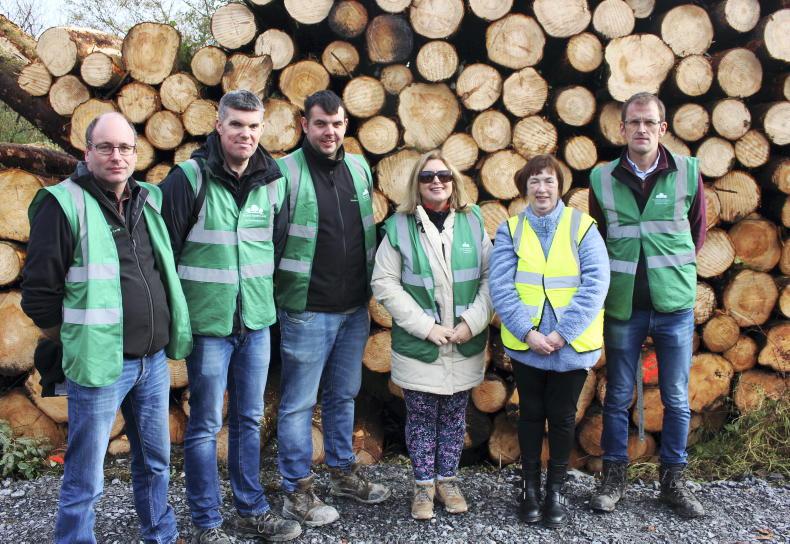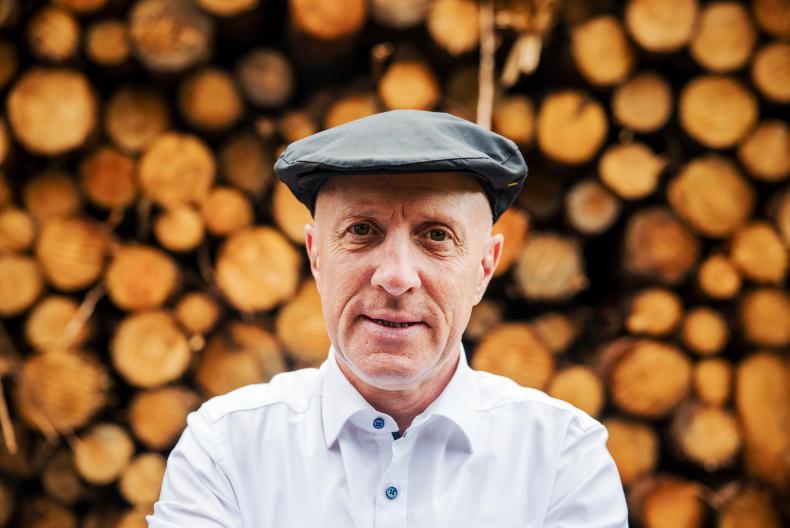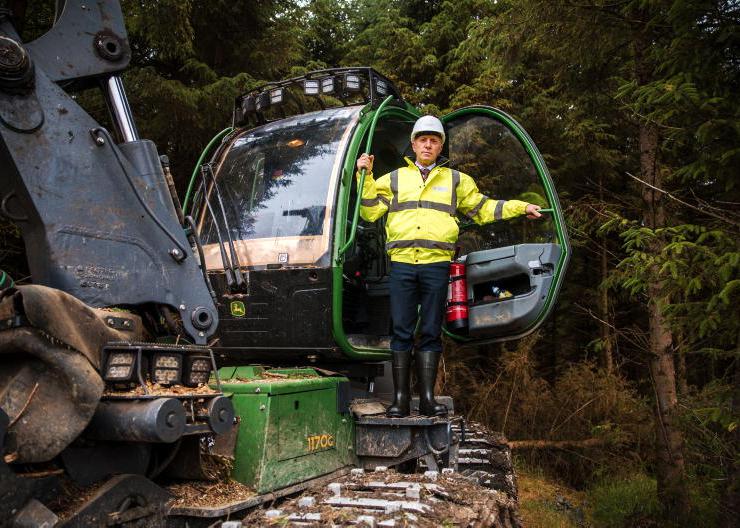The Irish Natura and Hill Farmers Association (INHFA) published a forestry policy on Thursday 26 January, which the association has said will be a blueprint for how Ireland can overcome the current impasse in afforestation.
It also aims to achieve the three aims of increased carbon sequestration, greater biodiversity and improved water quality.
INHFA council representative for Leitrim/west Cavan Patsy Daly said that this policy benefits the environment, farmers and rural communities and is in "stark contrast" to the current Government policy on afforestation.
"This policy continues to incentivise investment companies in paying artificially inflated prices for agricultural land and then planting it with Sitka spruce trees."
'Unable to compete'
"Farmers are unable to compete with these inflated prices, which has left many young farmers unable to get established and restricted existing farmers from expanding," Patsy said.
With regard to the foreign investment companies, Daly questioned why we persist with a policy that supports them through Irish taxpayer’s money, to plant Sitka spruce plantations, which kills biodiversity, pollutes our waterways while providing little or no carbon sequestration.
“None of this makes sense and must be changed,” he added.
In outlining the INHFA forestry policy, Daly maintained how it is proposing to turn all of this around, by incentivising farmers to plant a portion of their farms with native woodlands and commercial broadleaf trees.
“Native woodlands and commercial broadleaves sequester carbon, they increase biodiversity and improve air and water quality. In addition to this, they provide quality of life benefits for local people, as well as opportunities for woodland tourism,” he said.
Policy shift
This, Daly said, will see a policy shift from the vicious circle of anti-community, anti-environment and anti-farmer to a virtuous circle of forestry delivering social, economic and environmental benefits to the communities where they are situated.
"In seeking this change, we must ensure the delivery of a policy that promotes native woodlands and native broadleaves ahead of Sitka spruce.
"Support farmers and communities ahead of investment companies and vulture funds," he said.
The policy must also see trees as part of our farms and not replacing our farms and provides funding only to those that have owned and farmed the land for a minimum period of time.
This, he concluded, is a policy we can support and one that farmers and communities will support, but, critically, it is a policy that delivers on carbon, biodiversity and water quality, while enhancing rural communities.









SHARING OPTIONS